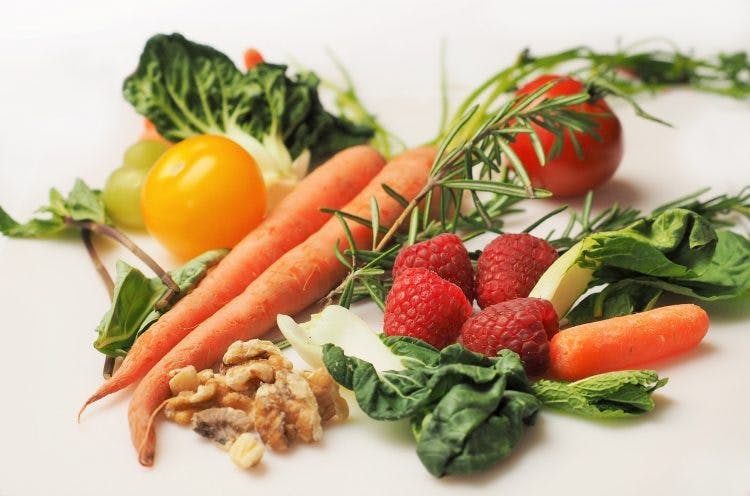Various biological organs and tissues naturally and gradually lose function as we age. The blood vessels and arteries, on the other hand, have a proclivity to stiffen, constrict, and become clogged with fatty and cholesterol deposits, increasing the likelihood that the blood vessels would leak or the arteries will become block
ed. To be more specific, ischemic stroke is caused by the restriction of arteries that supply oxygen-rich blood to the brain, whereas hemorrhagic stroke is caused by blood vessels in the brain leaking or bursting. Both forms of strokes are potentially lethal. Children and adults, particularly those in their 40s and older, are more likely to suffer from the types of strokes mentioned below.
The choices we make about what we eat in our middle years (typically beyond the age of 30) can have a substantial impact on our general health, especially as we get older. As Bethenny Frankel suggests, the way you eat might be related to your bank account. Making good eating choices is equivalent to saving money.
This suggests that starting a healthy diet at a young age can help reduce the risk of acquiring medical problems later in life as a result of a poor diet, which can worsen over time. Some foods, such as eggs, milk, and yoghurt, have been proven in studies to reduce the risk of having an ischemic stroke; yet, these same foods may increase the risk of having a hemorrhagic stroke. As a result, great effort has been expended in doing research to educate the general public about the types of foods they should eat when they are in their early 40s in order to reduce their risk of having any type of stroke.
READ MORE: HEALTH PROBLEMS THAT MAY REQUIRE YOU TO PULL YOUR TOOTH
1. Spinach
Stroke risk is higher in those with cardiovascular illness, according to Healthline; nevertheless, spinach provides protective minerals against cardiovascular disease, such as calcium, vitamin K, and folate, in addition to antioxidant qualities. The high fiber content of spinach has been demonstrated to reduce the risk of stroke in some persons.
2. Potatoes
Potatoes, due to their potassium and magnesium content, can help prevent high blood pressure and lessen the risk of having a stroke when consumed on a regular basis. In recent years, research has shown that getting enough magnesium can help with bone strength, impulse control, and lowering the risk of having a stroke.
READ MORE: REASONS YOU MAY NOT BE HUNGRY IN THE MORNING
3. The pumpkin seed
Pumpkin seeds also contain magnesium, fibre, potassium, and antioxidants, all of which have been shown in studies to reduce inflammation and, as a result, lessen the risk of developing cardiovascular disease, diabetes, and cancer.
4. Cashew
Including cashews in your diet on a regular basis is another excellent approach to enhance your magnesium intake. Eating cashews on a regular basis can help prevent strokes since they are high in magnesium.
5. Dark Chocolate
Dark chocolate has been demonstrated to contain phytochemicals that help blood arteries relax and reduce blood pressure. Dark chocolate is a fantastic dietary choice for lowering the chance of having a stroke because it also contains lycopene and magnesium. It also contains a number of minerals, including iron and potassium, as well as a considerable amount of antioxidants.
READ MORE: These 5 Diseases Are All Caused By Microwave Ovens and You’ve Probably Ignored Them
6. Watermelon
Watermelon contains minerals and antioxidants that have been demonstrated to lower blood pressure, and since high blood pressure increases the chance of having a stroke, eating watermelon can reduce the risk of having a stroke.
7. Sun-dried tomatoes
Tomatoes are an excellent source of lycopene, which makes them an excellent source of antioxidants. Antioxidants may reduce the risk of inflammation, which can contribute to cardiovascular disorders like stroke and heart disease. Tomatoes that have been sun-dried have a high concentration of antioxidants, therefore eating them may reduce one’s risk of having a stroke.
Consumption of these foods is recommended not only for people over the age of 40 to lower the risk of stroke, but also for a variety of other conditions linked to it.
Source:








